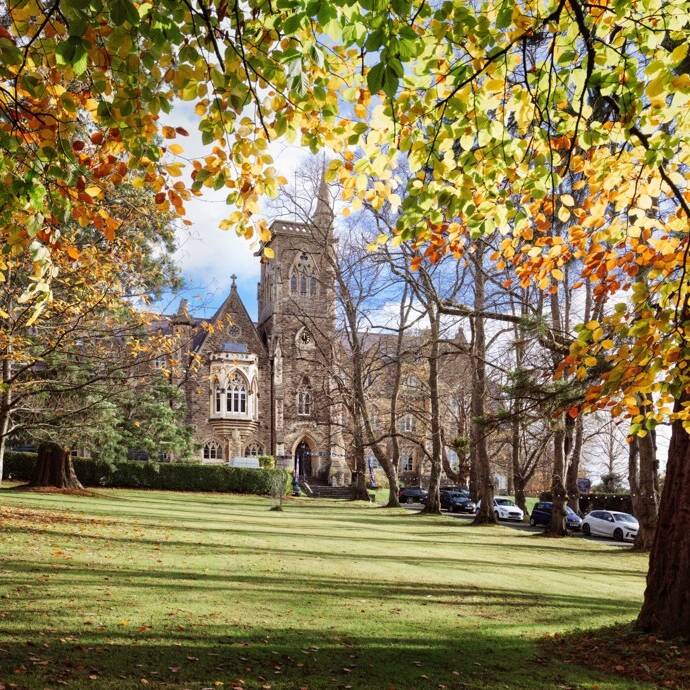Royal High selected for prestigious Holocaust Education national Beacon School Programme
Senior School
This year, the Royal High School has been selected to be part of the UCL Centre for Holocaust Education Beacon School Programme. The History department is honoured to have been selected for this programme which is heavily oversubscribed every year.
The History Department is excited to work with the Centre for Holocaust Education to enhance our disciplinary specialism and develop sensitive and innovative ways to help our students explore the complex history of the Holocaust. The Department will engage in research, and participate in a rich programme of guest and expert speakers.
Following on from last year where the History Department partnered with the Historical Association and the University of Oxford Department for Education in conducting action research on new resources created for the teaching of the Women’s Suffrage Movement in Bath and Bristol, we are continuing to partner and work with world-leading universities to develop our subject teaching and provide the most dynamic and innovative curriculum for our students.
As a UCL Beacon School, Royal High School Bath will strive to build a community of practice. We will be supporting local schools and colleagues to share innovative approaches to teaching and learning about the Holocaust and its contemporary relevance in combatting anti-Semitism and racism. We believe strongly in the wider contribution that quality, researched informed, Holocaust teaching and learning can make to challenging prejudice and hate in all forms but also championing rights, respect, empathy and inclusion for all.
Since 2012, the UCL Centre for Holocaust Education’s Beacon Schools Programme has worked directly with 165 secondary schools and impacted upwards of 160,000 young people. It is part of University College London’s Institute of Education, which is Britain’s leading centre for educational research and teacher training. Beacon Schools become dynamic hubs serving a network of local schools and in partnership with the Centre, improve teaching standards, raise pupil achievement, strengthen SMSC provision, support wider school policies on safeguarding and inclusion, and encourage community and social cohesion.
Our participation in the programme is testament to our commitment to the GDST’s Undivided Charter of Diversity, Inclusion and Real Change. We are constantly striving to refine our curriculum to ensure it is diverse and inclusive for all, we hope our involvement in the programme will complement the fantastic work already underway by students and staff across the GDST.
This year marks the 75th anniversary of the liberation of Auschwitz and for Britain specifically the liberation of Bergen Belsen, a moment which brought to the attention of the British people the horrors of the Nazis barbarism. As the Holocaust moves further into the past, our connection to it risks diminishing. During the last five years, almost half the remaining survivors of the Holocaust have passed way. The horrors of this event will soon be lost to living memory.
This is supported by evidence from recent studies, showing that fewer than half of American adults know how many Jews were killed in the Holocaust, similarly in Europe a third of respondents knew little or nothing about the Holocaust. Last year, a study in the UK found almost half of those questioned did not know how many Jews were murdered in the Holocaust. More worryingly, one in 20 British adults do not believe the Holocaust happened and 8% say the scale of the genocide has been exaggerated, the study also found. We would like to think that the attitudes and actions that led to these horrific events are consigned to the past. Sadly, anti-Semitism and hate crimes are on the rise across Europe. Increasing and developing education on the Holocaust is therefore paramount and imperative.

